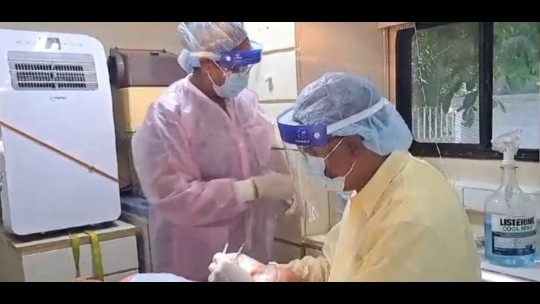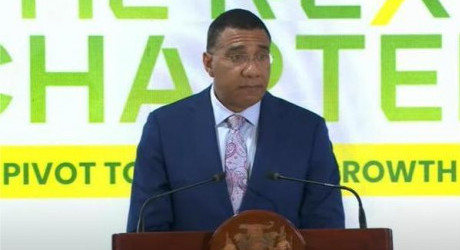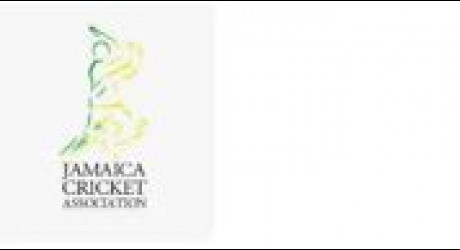.png)
By Nakinskie Robinson
The Jamaica Association of Public Dental Surgeons and the Jamaica Dental Association have sought to address the recent concerns raised by the Hazardous Substances Regulatory Authority regarding the safety of radiographic equipment used in dental practices.
The associations say the HSRA's position reflects a misunderstanding of dental X-rays and threatens access to essential care in an already underserved environment.
The response comes after director general at the HSRA, Dr. Cliff Riley, said scores of unsuspecting oral patients may have been or are being exposed to radiation after receiving treatment at dental offices.
Dr. Riley said dental healthcare professionals were the least compliant with hazardous substances regulations.
But the JAPDENS and the JDA are refuting that position arguing that Jamaican dentists adhere to strict safety protocols, including the use of lead aprons and digital radiography to minimise radiation exposure.
They say, by painting the profession as non-compliant and imposing an unnecessarily heavy regulatory hand, the HSRA misrepresents the safety standards already upheld and undermines the profession's reputation.
The two argue that dental radiography, including intraoral X-rays, is legally recognised as a fundamental part of dental practice under the Dental Act of Jamaica and that contrary to common misconceptions, dental X-rays use very minimal radiation.
The dental associations say a standard intraoral X-ray exposes a patient to just 0.005 millisievert, equivalent to a single day of natural background radiation, which is the kind people experience just from being indoors or outdoors.
A millisievert is the unit of measurement for whole body radiation dose.
According to data from the University of Michigan School of Dentistry and Cleveland Clinic, the radiation risk from a dental X-ray is quite small but the University added that some studies do show a slight increase in cancer risk.
Both associations contend that a CT scan exposes a patient to up to 2,000 times more radiation than dental X-rays.
The associations say the claims made by the HSRA could impact access to dental care for the general public, especially in rural areas.
This they believe could delay diagnoses, worsen health outcomes, and further limit access to care.
They are also calling for the body to work with the Dental Council of Jamaica and the dental profession to implement annual inspections of dental practices to ensure safety standards are met, rather than imposing high-cost licensing fees as well as partner with dental organisations to provide affordable training programmes on radiation safety.
comments powered by Disqus









 All feeds
All feeds







